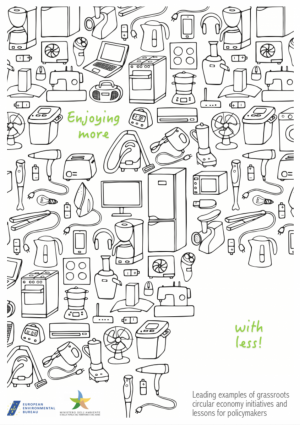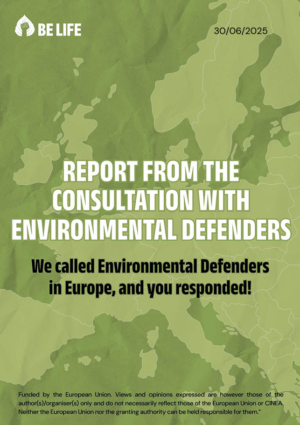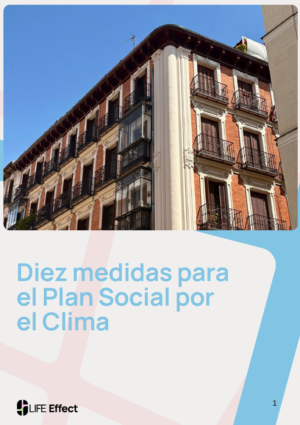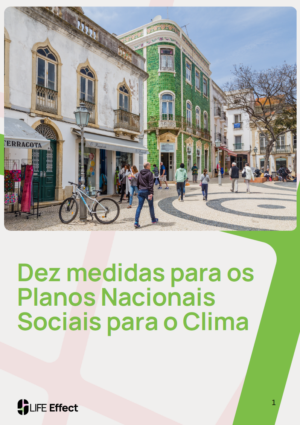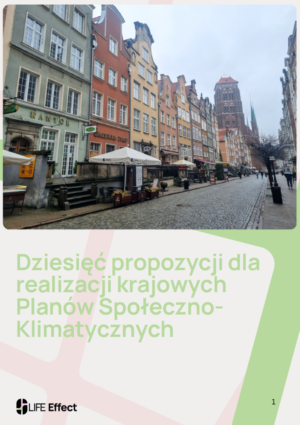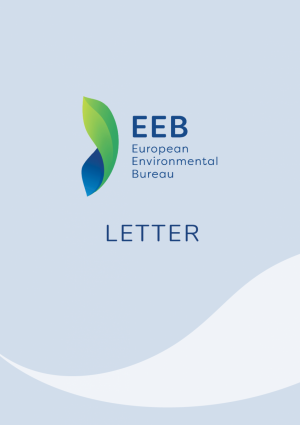
Enjoying More With Less report
In 2016, Earth Overshoot Day was 8 August. Put brutally, in less than 8 months, today’s generation exhausted its annual budget of natural resources and started plundering that of its children, and theirs. This situation is getting worse. Overshoot day was 24 December back when it was invented in 1971. That direction could continue, as economies start growing out of the 2008 crisis and political instability.
Here then is one of humanity’s greatest questions – how to marry the consumption of billions with the limits required for a healthy planet? The answer to such a huge question is surprisingly simple. It lies at our feet, around us in communities already creating solutions in a thousand ways. For a hundred reasons, from saving money to convenience and reigniting social links in their neighbourhoods, people are rejecting the classic take, make, and dispose approach of today’s consumption in favour of a more circular version, giving this new economy its name. The circular economy does not have a unique definition. It is rather an attempt to conciliate the environmental and economic agendas in which governments, business and consumers all have their parts to play and a responsibility to share.
But to what extent can consumers join a more circular economy? That is the question addressed in this report, through highlighting some of the many outstanding examples. The result is a deeply inspiring patchwork with a focus on Italy, but a relevance for the whole of Europe. We investigate what obstacles exist to their mass uptake, and what local, regional and national government can do to help.
Read this report in Polish

